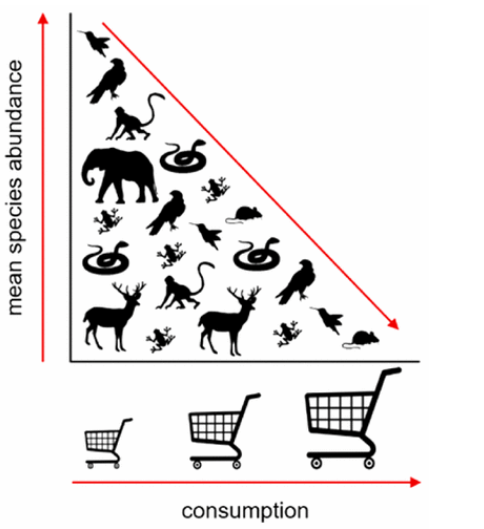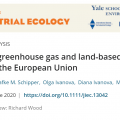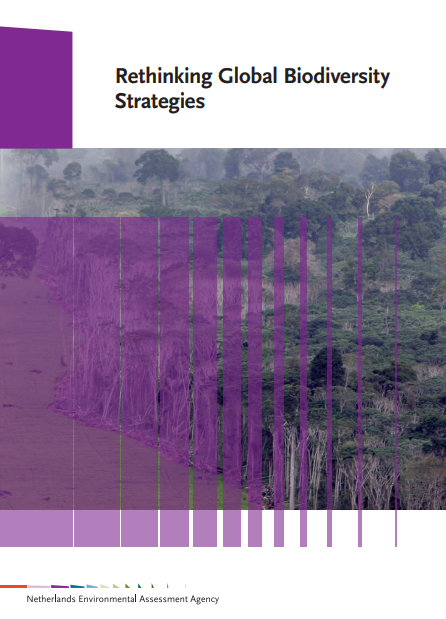Linking a biodiversity abundance metric to life cycle assessment for quantifying the biodiversity footprint of Dutch diets
The global food system is a major driver of biodiversity loss through land occupation, greenhouse gas emissions, nutrient emissions, pollution, and other environmental pressures. This paper presents a life cycle approach to assess biodiversity loss due to food consumption using the Mean Species Abundance (MSA) indicator as an endpoint indicator.
Operationalizing the MSA-loss metric in life cycle assessment (LCA) offers a complementary indicator to other commonly used LCA biodiversity metrics. It further allows to align bottom-up LCA results with top-down economic production models and global scenario studies in which MSA-loss metrics is already applied. Thus, consistency in outcomes between different scales of aggregation is attained.
The method entails the adjustment of life cycle inventory (LCI) data and impact assessment based on biodiversity-loss impact factors derived from the GLOBIO model. The impact factors translate pressures from five midpoints (land occupation, climate change, nitrogen deposition, habitat fragmentation and habitat disturbance) into the MSA endpoint indicator.
The method is applied to the Dutch diet, using food consumption survey data (from 2012 and 2019) and LCI data for 216 food items from the Blonk life cycle inventory database. Results show that beef, dairy, chicken, cheese, pork, fats and oils, and coffee contribute most to MSA loss in the Dutch diet. Land occupation and climate change are the main drivers, contributing 44% and 35%, respectively. Of total biodiversity loss, 12% occurs in the Netherlands, 32% in Europe, and 10% in South America.

![]() Link to PBL website on sustainable food consumption (Dutch only)
Link to PBL website on sustainable food consumption (Dutch only)
Authors: Lisanne de Weert, Mark van Oorschot, Alexandra Marques, Laura Batlle Bayer, Henk Westhoek, Mariem Maaoui and Hans Blonk




